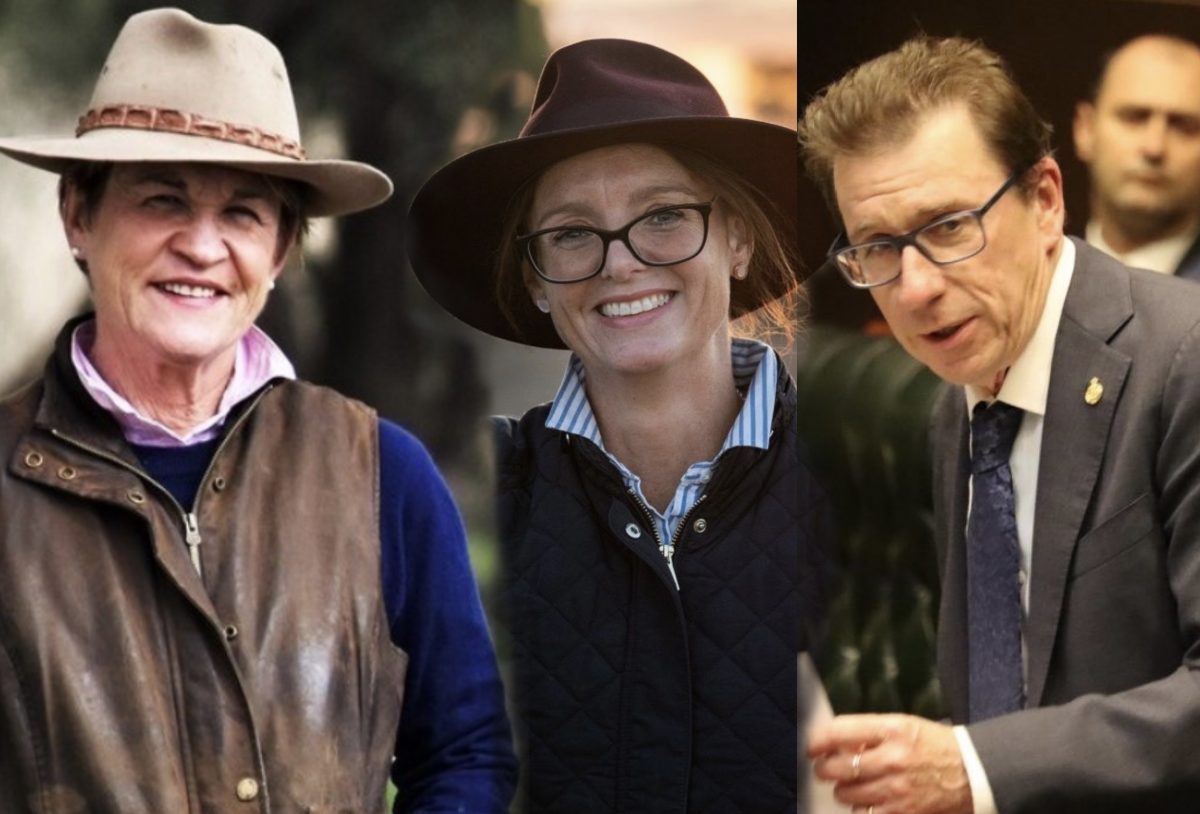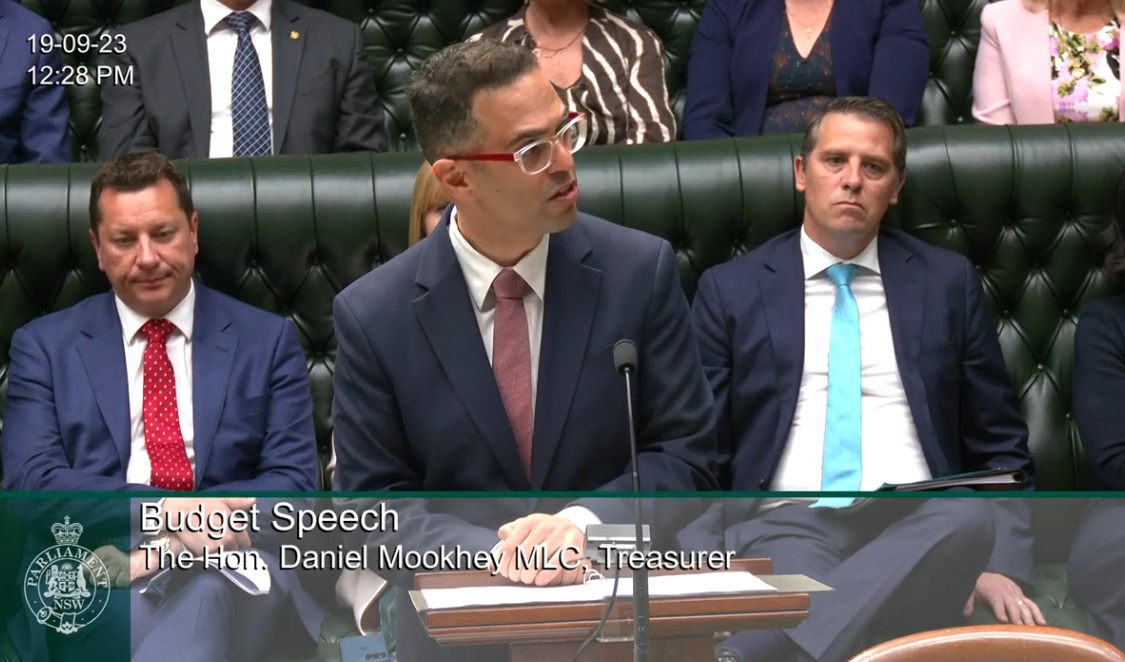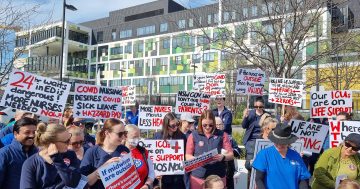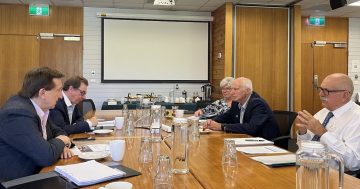
The Riverina’s State MPs Helen Dalton, Steph Cooke and Dr Joe McGirr weigh in on the 2023 NSW budget. Photo: Supplied.
NSW Treasurer Daniel Mookhey handed down the Minns government’s first budget on Tuesday (19 September), with the promise of $13 billion in savings and “a new age of public investment” that would benefit “the many” rather than enriching “the few”.
Despite a booming wage bill for public sector workers, Mookhey forecasts that the budget will be back in the black by next financial year with a surplus of $844 million, but expects that to improve over the next four years.
So amid all the cuts and moderate cash splashes, how did we fare in the regions?
On the plus side, there appears to be significant investment in regional health and education with pay rises for teachers and healthcare workers, investment in facilities and promised incentives to recruit and retain rural and remote staff.
Roads and potholes are on the to-do-list, with $334 million for new regional roads and an extra $390 million for regional LGAs to get on top of the growing problem, and there’s also a new Regional Development Trust Fund to “invest in the future needs of regional communities”.

Daniel Mookhey said the new budget will herald “a new age of public investment” that would benefit “the many” rather than enriching “the few”. Photo: Screenshot.
Independent member for Wagga Wagga Dr Joe McGirr said he was “cautiously positive about the budget”, which “appears to be paying down debt and moving to a surplus” as well as the pay rise for essential workers and “continued investment in our region”.
Independent Member for Murray Helen Dalton described it as an expected “tightening of the purse strings” but she was also pleased to see the public sector wage rise that she described as “absolutely necessary” and the promise of more regional paramedics.
Nationals Member for Cootamundra Steph Cooke, now in opposition, said she was “relieved to see vital funding commitments for the Cootamundra electorate honoured” although she expressed disappointment over some cuts for the regions.
While there was unanimous support for the investment in healthcare, Dr McGirr pointed to a release from the Australian Medical Association that said that, despite the pay rise for health workers, health spending had only increased by 1%.
“They’re obviously banking on some savings in the system and that will be something we will need to monitor closely, especially as far as rural health is concerned,” Dr McGirr said.
One big spending cut was revealed last week following the news that the controversial Wyangala Dam expansion near Cowra would be scrapped.
Water Minister Rose Jackson rejected the plan to raise the wall by 10 metres and cited “millions of dollars in construction costs and the potentially catastrophic environmental impacts” as the reason for the decision.
Member for Cootamundra Steph Cooke expressed her disappointment, saying that “the NSW Labor Government has failed to understand just how crucial the project to raise the Wyangala Dam wall is to communities throughout the Central West”.
She also highlighted a reduction in funding for the Safe and Secure Water Program as we head into an El Niño weather event and a hot summer.
While Ms Cooke was positive about the “retained” funding for road repairs and hospitals, including Cowra and Temora, she said there was no mention of funding the Cootamundra-Gundagai Regional Council demerger and promised to raise the issue with the Local Government Minister.
In his Wagga Wagga electorate, Dr McGirr said he was pleased to see confirmation of funding for the Marshall’s Bridge project and said he had an assurance that the funding to stabilise the Edmondson Street Bridge was also now available.
He said that the money for the Murrumbidgee Health and Knowledge Centre was welcome along with continued funding of the Tolland Renewal housing project and regional Special Activation Precincts like the ones in Wagga and Parkes.
Dr McGirr highlighted that there was no announcement about radiotherapy in the Riverina despite ongoing negotiations.
Both the Member for Murray and the Member for the Riverina have been outspoken on the need for gambling reform and while Dr McGirr is ” broadly supportive” of the steps toward better regulation and cashless gaming, Ms Dalton said they were moving “far too slowly”.
“If somebody’s wielding a knife around doing harm, you take the knife off them,” she said.
“And that’s what we need with poker machines for those people that have a gambling addiction. The mandatory cashless gaming card is something that would address that.”
Other issues of note include investment in improving digital services and telecommunication, the appointment of an independent Agriculture Commissioner, money for Landcare and the fight against weeds, varoa mites, fire ants and feral pigs and $6 million to “improve the long-term sustainability of regionally focused media”.









